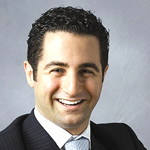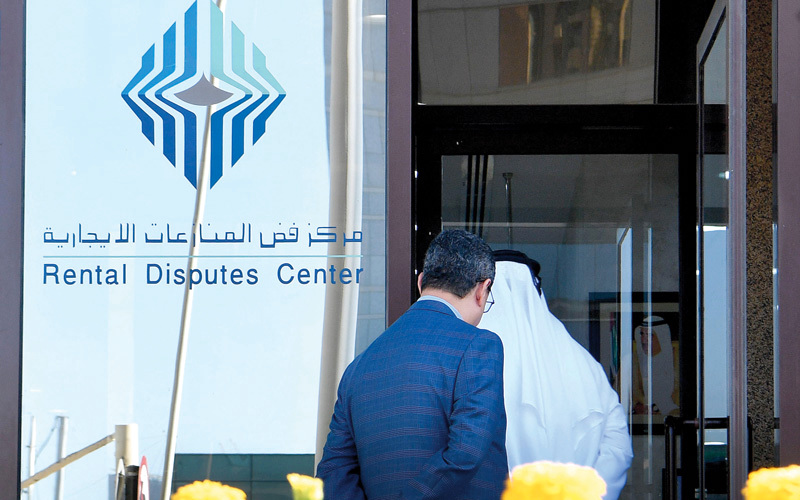|
Director of legal for the Arabian Real Estate Investment Trust Adam Malouf discusses his career path and the challenges of his current role.
Asian-Counsel: How did your career lead you to your current role as Director – Legal for the Arabian Real Estate Investment Trust (AREIT)? AC: What is the current composition of the AREIT in-house team? |
 AC: Is there such a thing as a ‘typical day’ for you as the in-house practitioner at AREIT? AM: In a fast-paced, dynamic and ever-changing business environment, given the events of recent months and also given the region in which we operate, a typical day for any businessperson is seldom achievable (and sometimes, not desirable), and this can be particularly said for in-house legal counsel in the region. Apart from the traditional matters that need to be dealt with on a regular basis, there are a number of other ad hoc matters that arise on a daily basis, both in relation to general advisory and transaction-specific work. AC: How often does AREIT brief out, and when do you seek the advice of external counsel? AC: What types of innovations do you see as important in the coming year? The views and opinions expressed in this article are personal and those of the interviewee, and do not represent those of AREIT or any of its affiliates, subsidiaries or associates. |
| IN-HOUSE OPINION: If you are an in-house counsel and you have a comment or an opinion you’d like to share either on this article or its subject matter, contact us at: inhouse@inhousecommunity.com with the article title in the subject line, stating clearly if you wish your comments to remain ‘Private’ or ‘Anonymous’. |




















